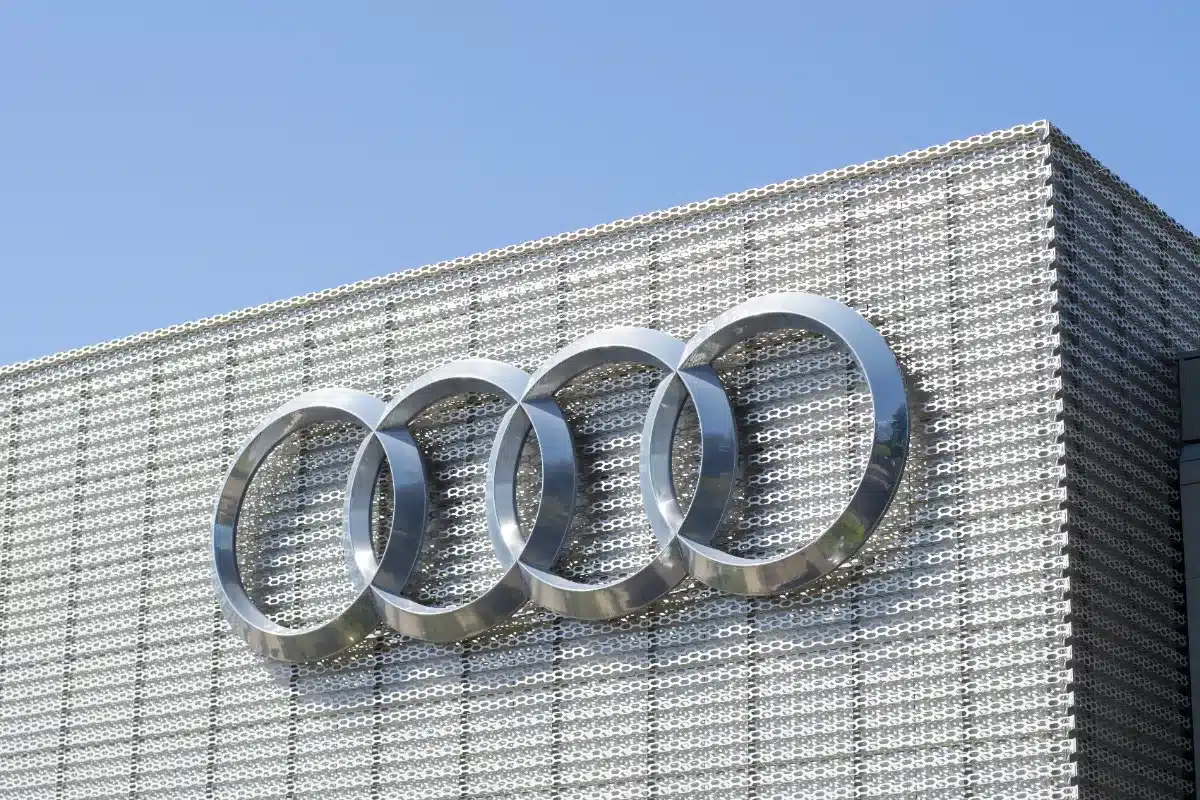When you’re shopping for a ride, German cars definitely catch the eye with their slick design, upscale features, and top-notch engineering. But not everything that shines is a keeper. Even with their solid rep for quality, some German models have shown repeat issues that might end up costing you big bucks in repairs and upkeep. Knowing these potential hiccups can help you dodge unwanted bills and frustration later on.
BMW: Luxury with a price tag
BMWs often come off as a status symbol, loved for their stylish look and spirited performance. Still, they have a few quirks.
- Common problems that BMW drivers face include oil leaks, breakdowns in the cooling system, and turbocharger hiccups. Alex Black, Chief Marketing Officer at EpicVIN, points out that “the most common issues on BMWs are oil leaks, cooling system failures and failures on the turbocharger.”
On top of that, electronics tend to be a weak spot for BMW. Many owners report drive failures and wonky digital gauges. Black also highlights the need for proper upkeep: “they are sport vehicles, but to stay reliable, they need to have strict maintenance. Skimping on a couple of services can mean very expensive repairs later on.” Cars with N20 and N55 engines seen in models like the 3 Series and X3 are especially known to start breaking down somewhere between 70,000 to 100,000 miles.
Audi: A luxurious ride with hidden costs
Audi cars are a hit among those looking for a sophisticated design and smart tech. But these beauties aren’t immune to problems. Electrical glitches and sensor malfunctions pop up a lot in Audi models made from 2010 to 2018, often cropping up after the warranty is over—a shock for many owners. As Alex Black notes, “Audi cars have issues with electrical and sensor faults as they age.” Common gripes include malfunctioning infotainment systems, frozen power windows, and other sensor issues.
Fixing things on an Audi can get pricey thanks to the high-end build and parts that often come from overseas, highlighting the broader issue of luxury car maintenance.
Mercedes-Benz: Reliability that fades with time
Mercedes-Benz is often seen as dependable—especially when they’re brand new. But once these cars rack up over 50,000 miles, electrical system troubles start to creep in. Melanie Musson, an auto industry expert, shares that “new Mercedes-Benz cars are generally reliable,” but warns that problems can crop up after you hit that mileage mark.
Electrical issues in Mercedes-Benz models can mess with various systems, leading to everything from infotainment glitches to trouble starting the car. It’s not unusual for these luxury vehicles to start breaking down consistently after five to seven years.
Volkswagen: The struggle with electronics
Volkswagen cars are known for being practical, but they do have a hard time with failing electrical systems. Transmission headaches add to the list of woes, and fixing these issues usually means heading to a dealership, which isn’t exactly light on the wallet. Melanie Musson points out that while dealerships might be best at handling these repairs, they also tend to be the priciest option.
VW’s reputation for transmission troubles means potential buyers have to really weigh the pros against the possibility of future repair nightmares.
Knowing about these potential pitfalls with certain German car models can really shape your buying decision. Sure, brands like BMW and Audi offer a cool mix of style and performance, but they also call for rigorous maintenance and can bring along some pricey fixes once the warranty expires. Similarly, while Mercedes-Benz delivers solid performance when new, its reliability can drop over time because of electrical gremlins. And even though Volkswagen is practical, its ongoing electrical issues might lead to some costly dealership visits. Being well-informed about these challenges can help you either manage your expectations as an owner or steer your search in a different direction within—or even outside—the realm of German cars.









